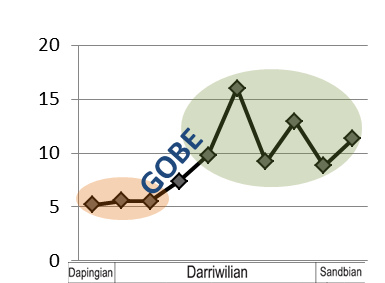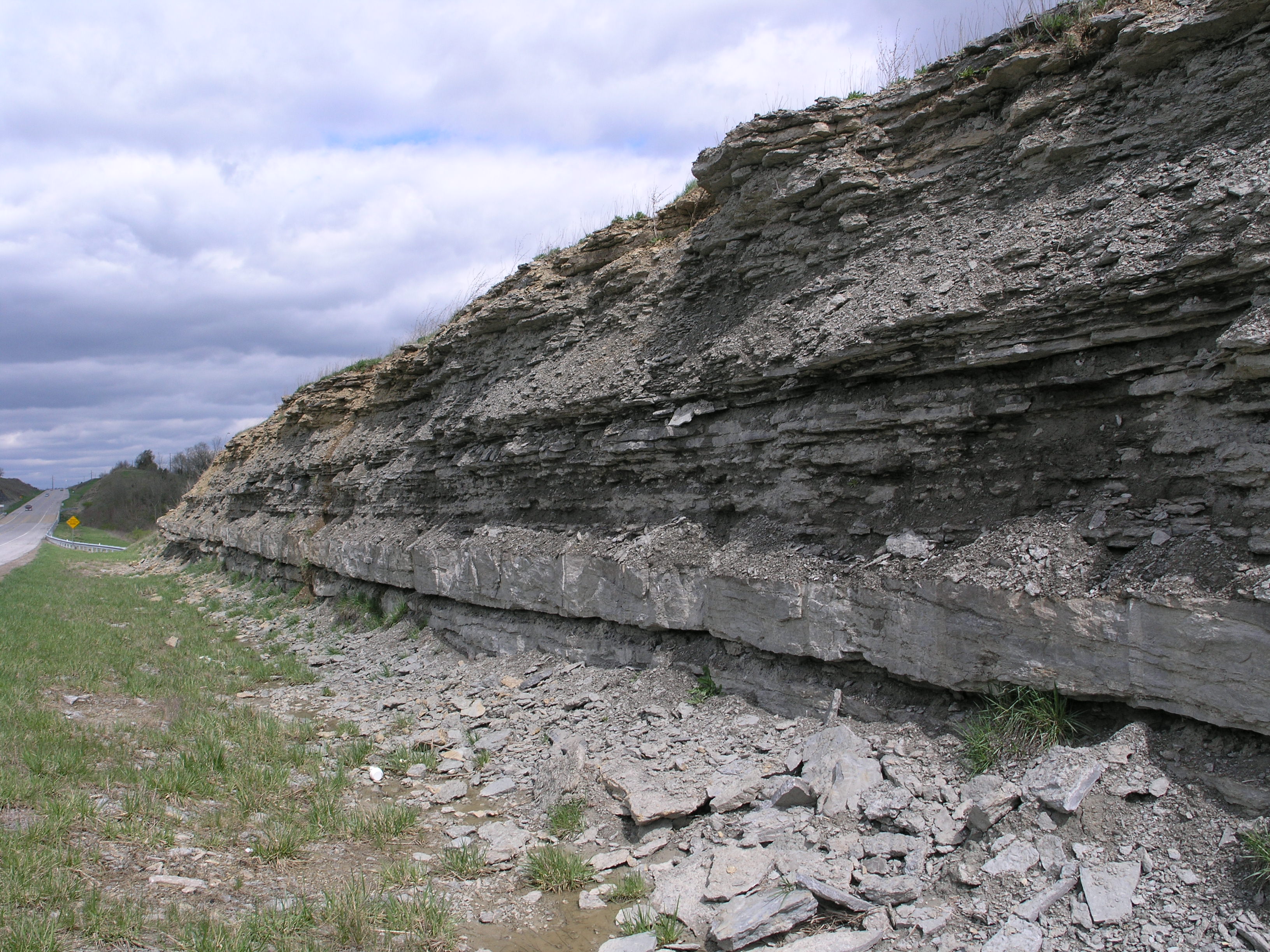We recently received the exciting news that our proposal for a new IGCP project that will focus on investigating the initiating causes and processes that produced the rapid diversification of marine organisms during the Ordovician Period, known as the ‘Great Ordovician Biodiversification Event’ (GOBE). Interntional Geoscience Program (part of UNESCO) has approved funding for IGCP 653, which will run from 2016-2020.
The project will focus on interdisciplinary investigations, including case studies from international sites, involving specialists from the fields of palaeontology, sedimentology, stratigraphy, geochemistry, palaeooceanography, palaeoclimatology, etc., in collaboration with the Subcommission on Ordovician Stratigraphy (SOS). The results of the project will contribute to the understanding of the triggering causes of the establishment of modern marine ecosystems, but also to the identification of the reasons of the first collapse of these environments during the Late Ordovician mass extinction.
The project involves scientists from all over the world, and through the organization of dedicated meetings and workshops, will integrate graduate and doctoral students, in particular from developing countries. I hope you can join us at one of our meetings!
For more information or to join the project, visit our website: www.igcp653.org

Great Ordovician Biodiversity Event as expressed in Oklahoma, USA


